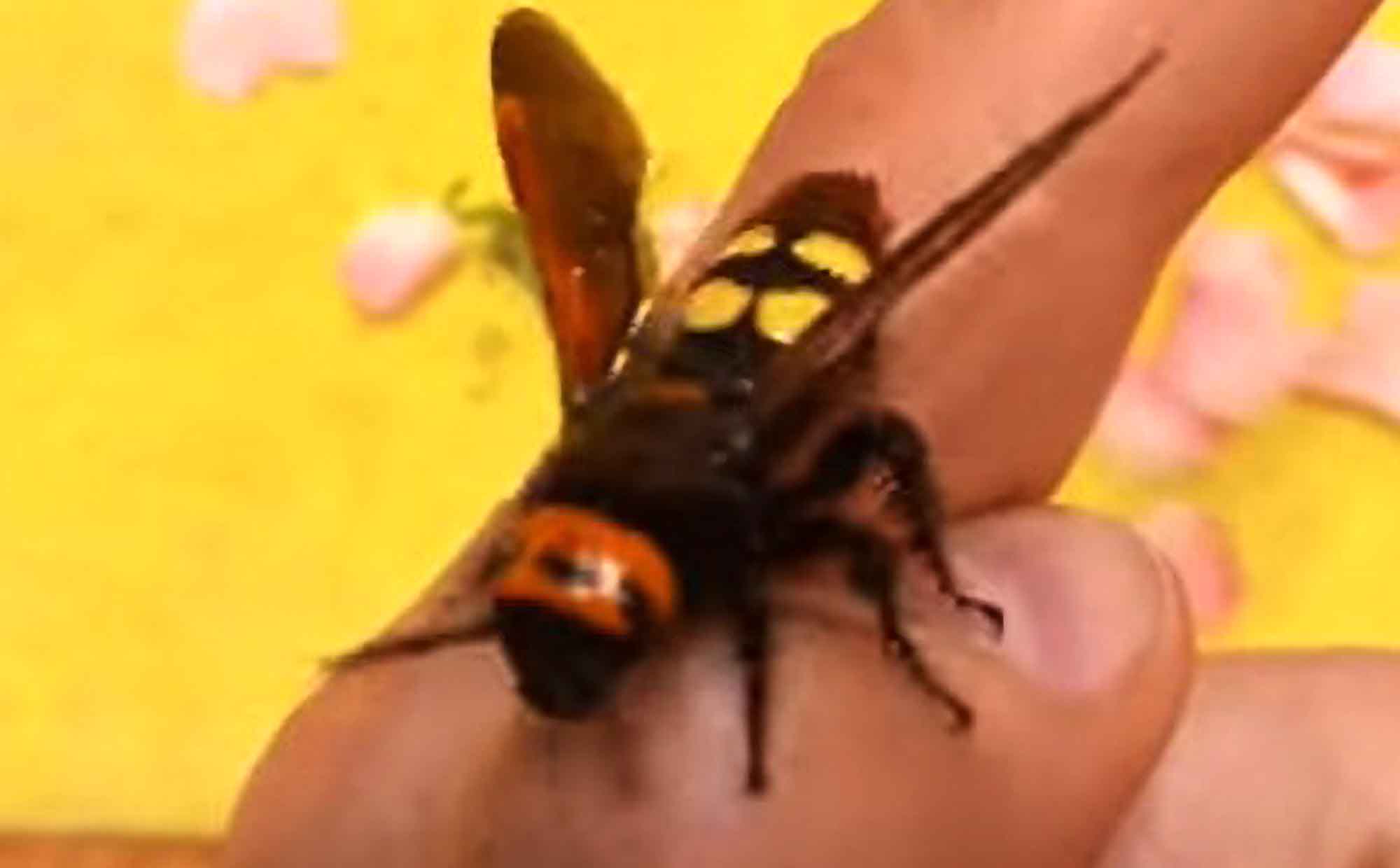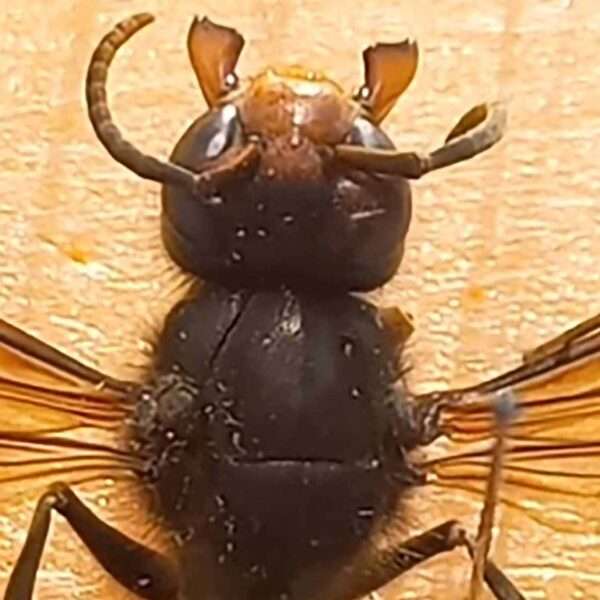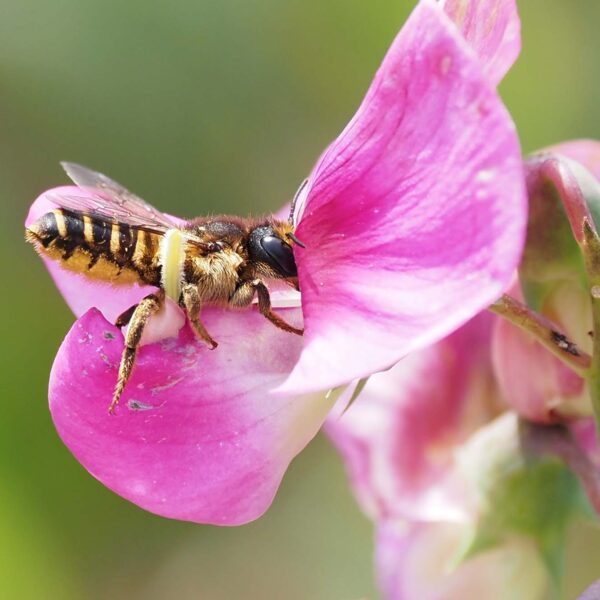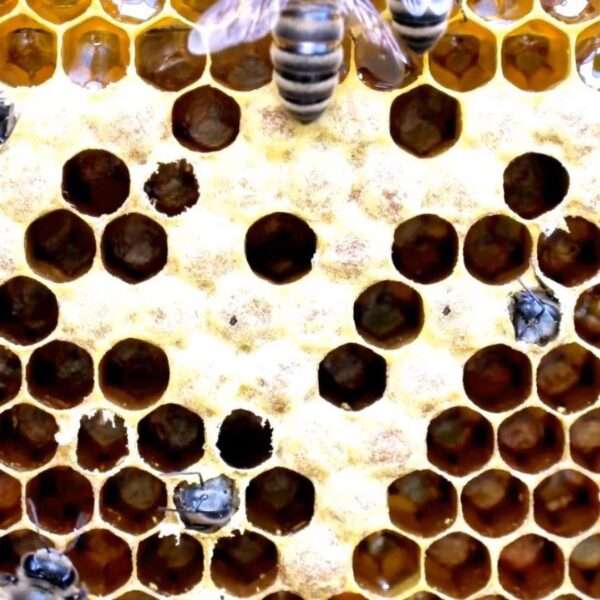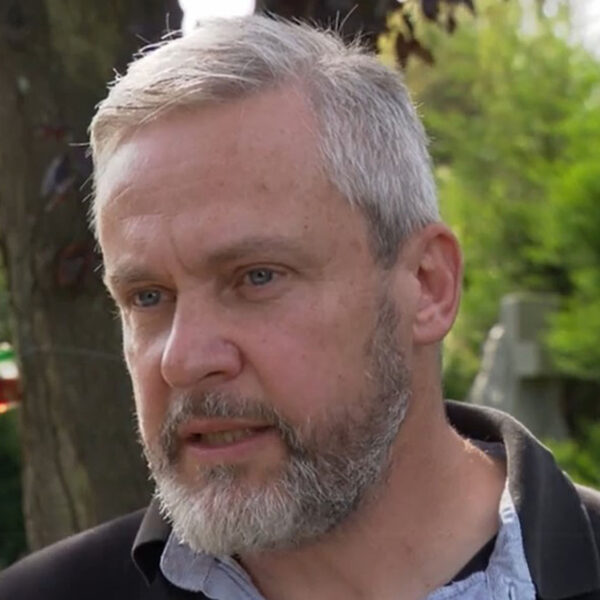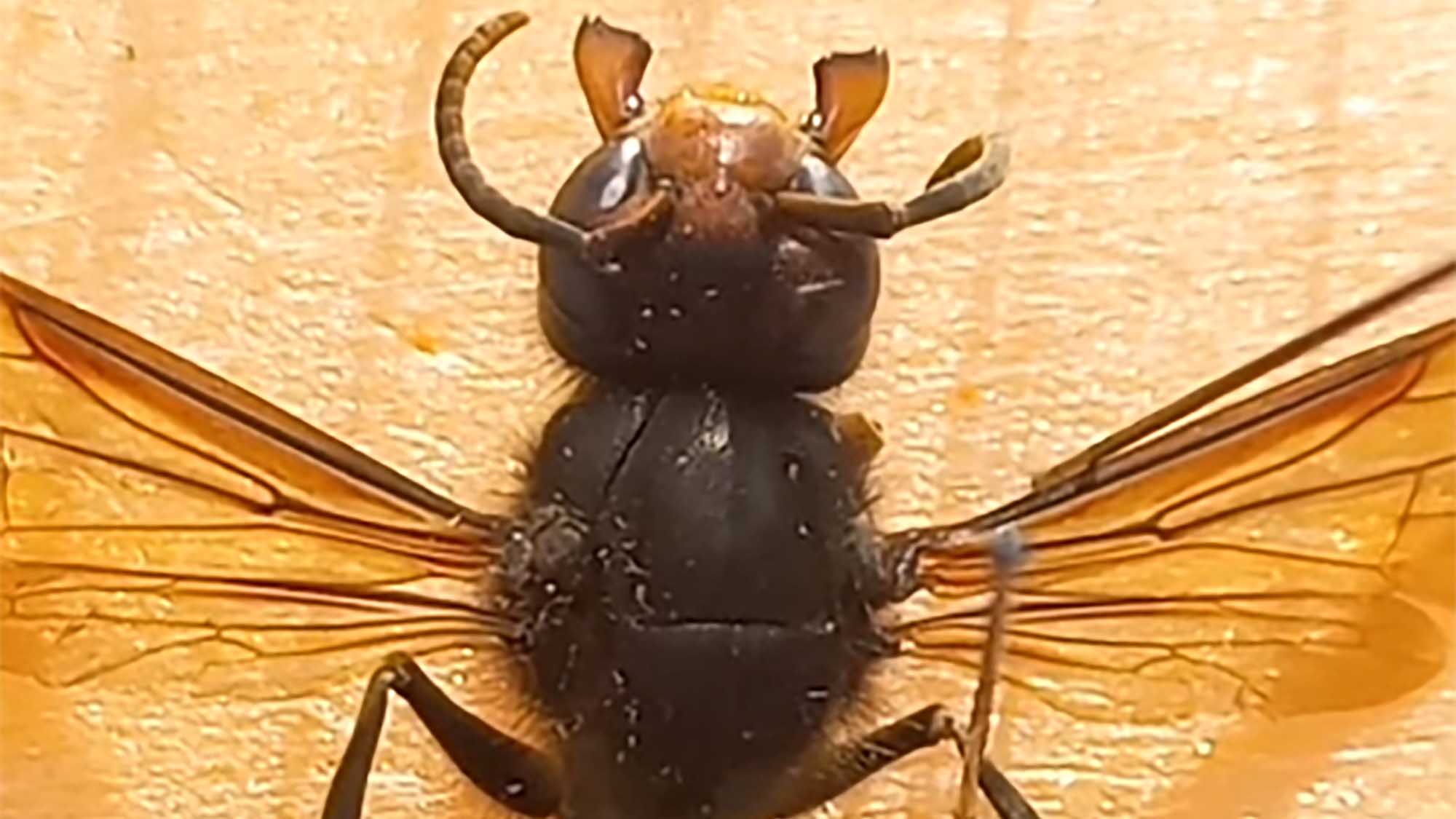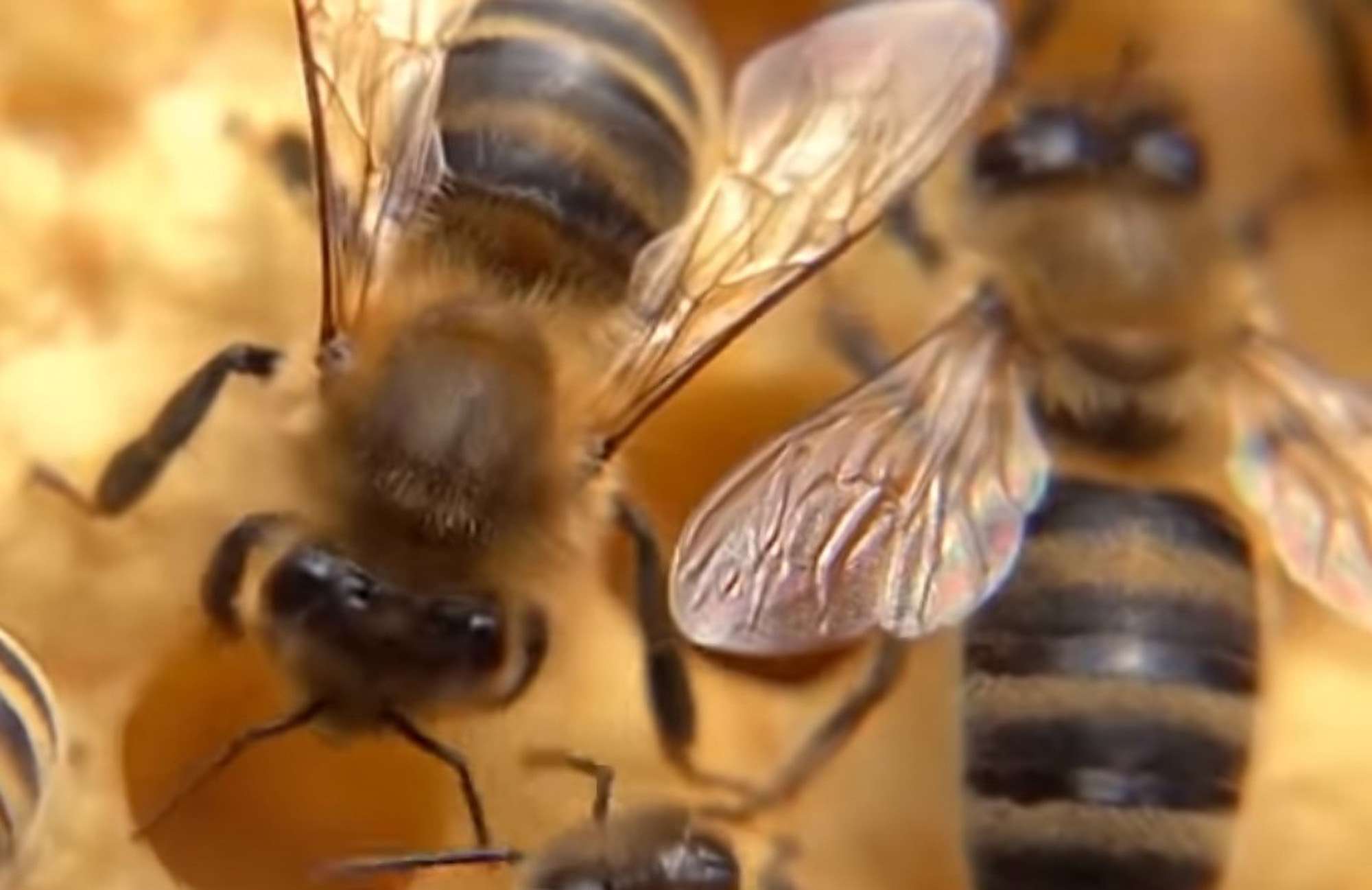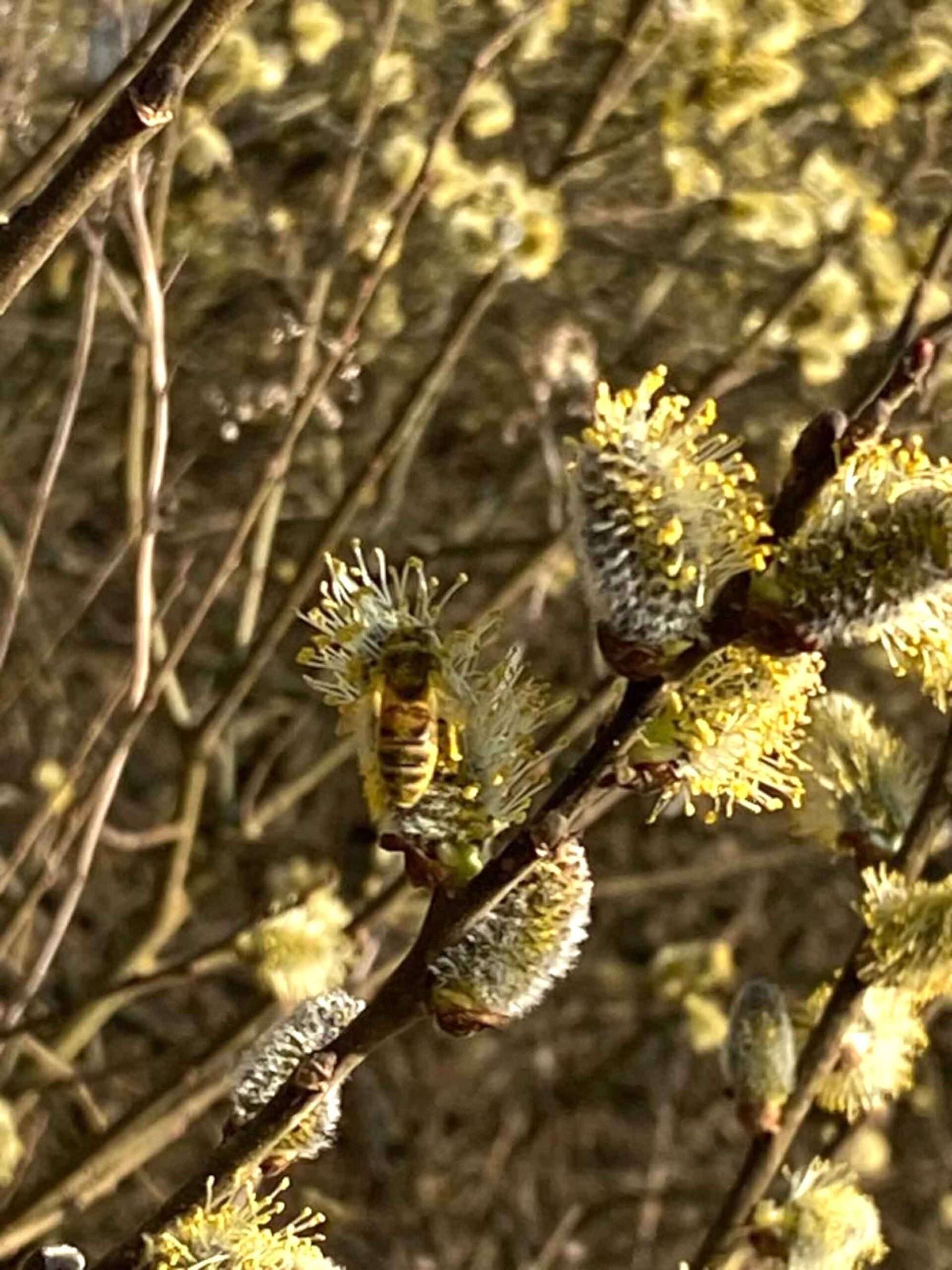Scientists in Australia have emphasised the astonishing skills of wasps.
Prof Adrian Dyer from Monash University‘s Department of Physiology admitted that, in contrast to honeybees, the insect would “often inspire fear or disgust.”
Prof Dyer underlined that hundreds of plant species would depend on being pollinated by wasps.
He explained: “While the economic value of pollination by bees and other insects has been well-researched, the extent of wasp contributions to crop production is currently unknown.”
Dr Scarlett Howard is an expert on animal behaviour, cognition, and morphology. Dr Howard, who lectures at Monash University’s School of Biological Sciences, emphasised another crucial activity of the insects.
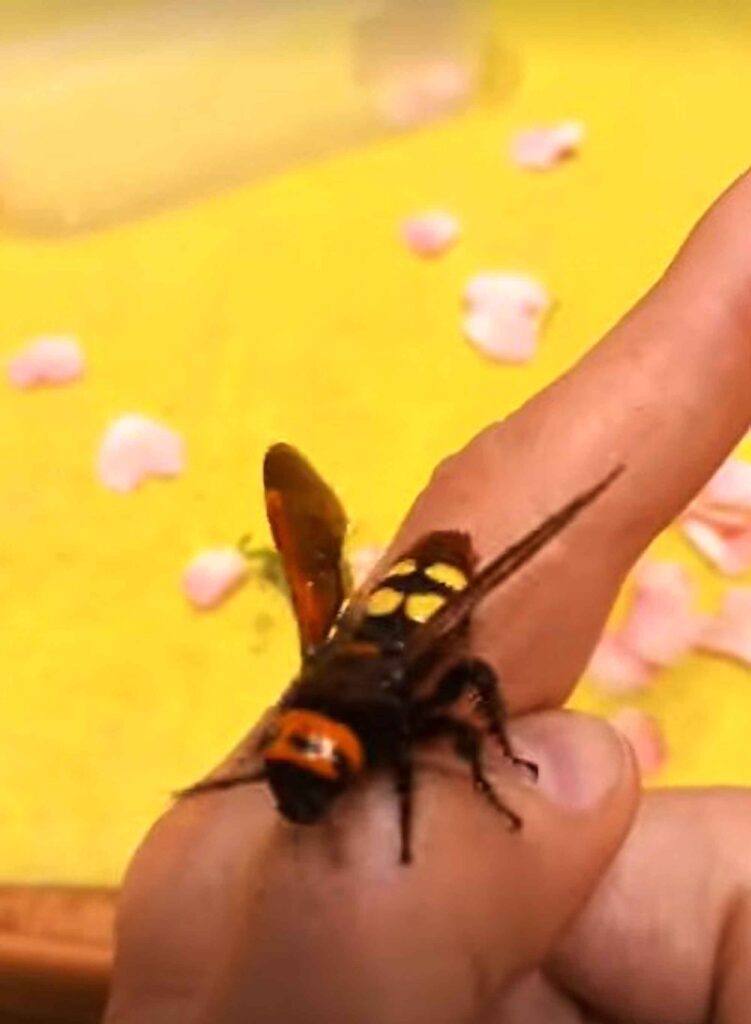
She told the news platform The Conversation: “Many wasps eat critters we consider pests, such as bugs, spiders, cockroaches and flies. Indeed, some species of wasps are sold commercially as pest control agents.”
Prof Howard added: “In our work with wasps, we’ve found these innocent insects have done little to deserve our scorn. In fact, they have surprisingly complex minds and can play important ecological roles.”
Researchers at the university in Melbourne, which is the largest higher education institution in Australia, found that wasps are capable of differentiating multiple shades of colours.
Prof Dyer said: “The wasps in our study were enthusiastic volunteers who would fly some distance to participate. In our experiments, wasps needed to undergo 10 trials to learn a visual task, and then a further 10 trials without reward to test if they had learnt.
“We hope our new work will allow people to appreciate the complexity, intelligence and value of these misunderstood animals.”
The Monash University expert concluded: “As wasps can learn to recognise faces, perhaps being nice to them is a good strategy.”

